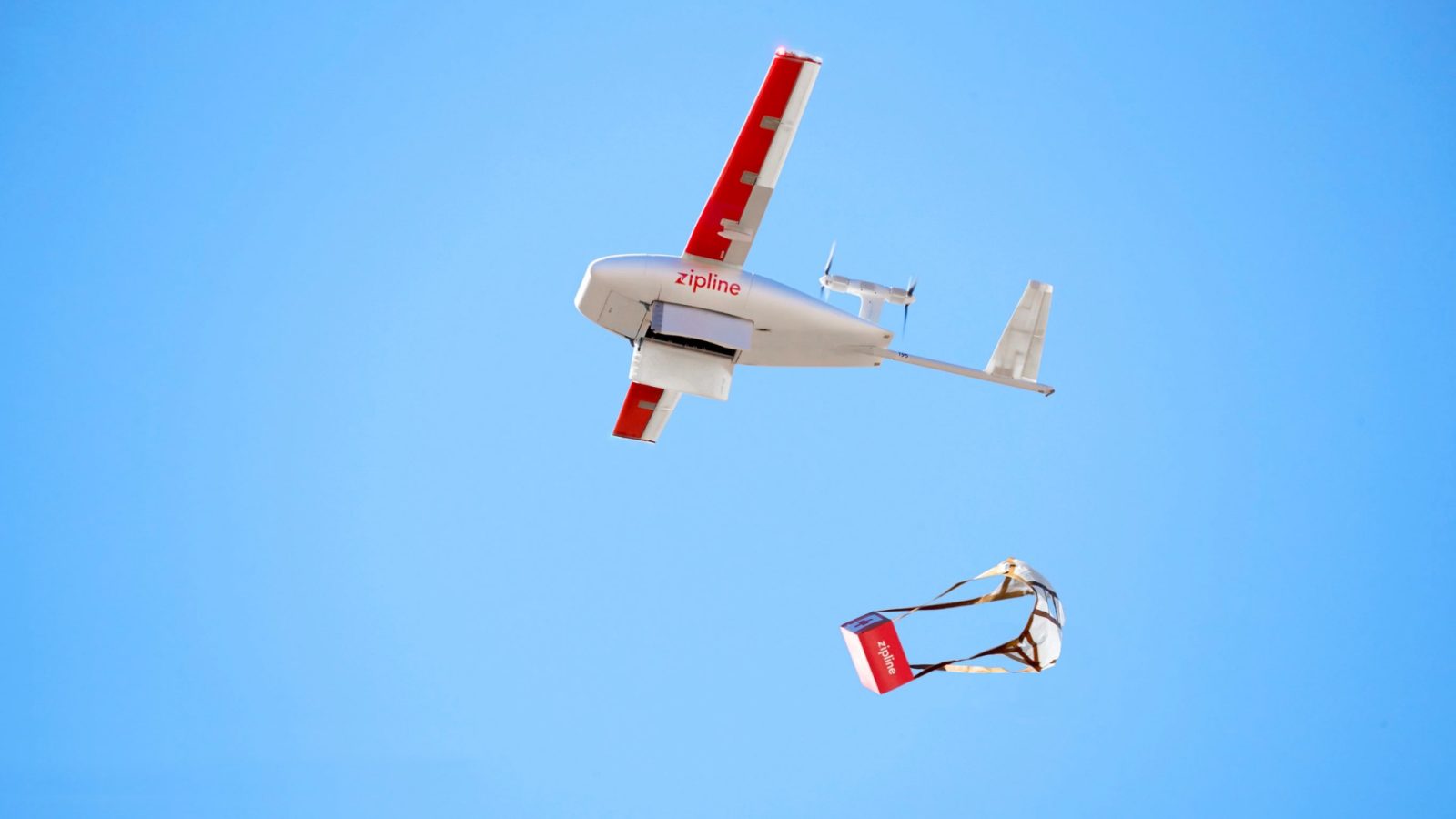
As DroneDJ reported last month, Zipline will begin drone delivery in Japan by transporting medical supplies to Gotō Islands west of Kyūshū. Company official Okeoma Moronu now details the opportunities and considerable challenges of its new operation in Japan.
Zipline is launching in Japan through a partnership with Toyota Tsusho Corp., a subsidiary of the eponymous automotive group which has created the Sora-iina subsidiary to manage medical drone deliveries to the Gotō Islands. Serving the approximately 50,000 residents of the archipelago, Zipline UAVs will fly beyond visual line of sight flights of up to 40 kilometers roundtrip, and gradually expand to reach even more remote locations.
Read related: Zipline expands drone deliveries of medical supplies to Kenya
Zipline’s spokesperson in Japan, Okeoma Moronu, described what that launch will entail, and what it represents.
Why is Japan a big development for Zipline – whether in business or operational terms?
Japan marks an incredible development for Zipline. It is our first operation in Asia following 300K+ deliveries and 20M+ autonomous miles in the United States, Rwanda and Ghana. It marks the beginning of routine, long-range autonomous deliveries in Japan, known to have a complex airspace. And it is the first time the first Zipline operation in the world to be operated by a partner, in this case Toyota Tsusho subsidiary Sora-iina.
What are the biggest hurdles you’ll face?
Japan has busy, complex airspace. This operation is exciting because it marks the first time Japan’s Civil Aviation Bureau has approved beyond visual line of sight flight of drones without onboard cameras. This approval speaks volumes about how robust Zipline’s safety and autonomy technology is, including flight path planning and tracking precision, strategic airspace deconfliction, and ground risk mitigation.
Japan also has ambitious renewable energy targets, including reducing emissions by nearly half between 2013 and 2030, with the goal of being carbon neutral by 2050. Zipline’s technology is the latest opportunity for greener last-mile delivery. Our electric, autonomous aircraft produce about 30 times fewer emissions than traditional delivery vehicles – providing a delivery method that’s not just more sustainable, but also faster and more agile.
Read: Zipline starts its first commercial US drone deliveries with Walmart
How will it differ from what you’ve done elsewhere?
Our work in Japan with Toyota Tsusho Corporation will operate differently than any other partnerships to date. Here’s a quick breakdown of how that works: Sora-iina, a new subsidiary company created by Toyota Tsusho Corporation to conduct these operations, will manage its own distribution center and flight services from Fukue Port. Sora-iina’s Gotō Islands distribution center will be the first in Asia and 14th in the world to operate Zipline’s autonomous instant logistics technology. This arrangement takes advantage of the operational excellence of Toyota Tsusho and blends it with Zipline’s expertise and proprietary instant logistics technology to bring value to the Gotō Islands.
So what happens now?
Deliveries will begin with handpicked, targeted routes and increase over time as the service grows. The facility is capable of making 250 flights per day to thousands of facilities and homes within the service area. Initial routes from the Fukue port distribution center will be up to 40 km. roundtrip. We’re beginning with the delivery of medical supplies to the Gotō Islands, with the possibility to expand to more locations and products in the future.
FTC: We use income earning auto affiliate links. More.



Comments